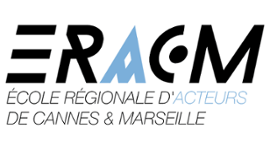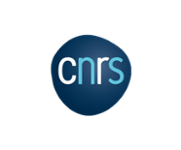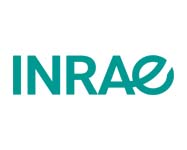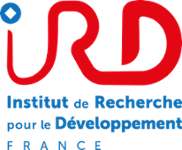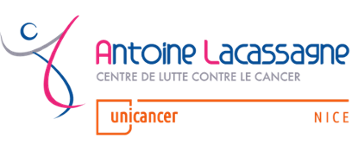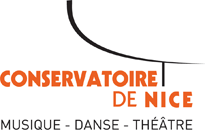MARRES Education
- The MARRES programs
-
The Learning experience: being a MARRES student
- The MARRES students
- The MARRES events
- Life on the Côte d'Azur
- The learning strategy
-
Alumni & Career: the life after MARRES
- The Lérins Biodiversité campaign
-
MARRES To The World: the student initiative
- Our games
- Our podcasts
- Our outreach events
- Naïa: the voice of the Ocean
-
Team & Partners
-
Join us
Assessment of the perception of coral reefs and their threats by civil society to improve communication on coral reefs and people’s behavior change
Supervisors
Aldine Amiel, Eric Rottinger Kahi Kai & IRCAN (CNRS, INSERM, UCA)
Laetitia Hédouin CRIOBE (CNRS, EPHE, UPVD, PSL)
Context
Maintaining marine biodiversity is a major challenge for France, particularly in its overseas territories where coral reefs are home to more than a third of the world's marine biodiversity. In addition to its crucial ecological interest, the ecosystem value of coral reefs for humans is estimated at ~ 27 billion euros / year. Unfortunately, the consequences of climate change and ocean acidification are real threats to marine biodiversity. While the oceans help to detoxify our atmosphere by absorbing about one third of the CO2 emissions related to anthropogenic activities, ocean acidification causes a disruption of the water chemistry causing adverse effects on the process of biomineralization of organisms building the reefs as well as their inhabitants. While the effect of ocean acidification on individual species has been studied in the past, its impact on the reefs as a whole and the biodiversity they harbor remains poorly understood. Thus, the overall objective of ACID REEFS is to better understand the response of coral reefs to ocean acidification through an integrated approach ranging from the organism to the community, from the larvae to the adult, from observation to the mechanistic understanding as well as from the results to ecological and socio-economic predictions. ACID REEFS emerges from the Center for Island Research and Environment Observatory (CRIOBE), member of the laboratory of excellence "CORAIL”, located both in Moorea (French Polynesia) and Perpignan (France). Moorea is an exceptional site to study the complexity of coral ecosystems used in this innovative, integrative and interdisciplinary project. In addition to an experimental in situ ecology field station developed by the CRIOBE, ACID REEFS benefits from an experimental room reconstructing the coral reef ecosystem designed specifically for this project.
Objectives
The ACID REEFS project dedicates a section on understanding the perception of general public living in developed countries, generally far away from coral reefs, on this amazing habitat, on their threats and particularly on ocean acidification effects. The overall objective is to understand what type of outreach activities and message would incite them to preserve coral reefs from this major environmental thread. To focus on this goal, which integrates societal, economical and cultural aspects, ACID REEFs wishes to develop a “communication cell” focusing on:
1. Survey: Collecting information about the current way communication about coral reefs and ocean acidification is done (net, advertising campaigns etc...)
2. Audit: Developing an audit/poll targeting a wide range of populations (living close or far from coral reefs) in order to get a perception about the general knowledge concerning corals reefs, their importance in our daily life and challenges that affect the health of this habitat (including ocean acidification), and what people are willing or not to do regarding the protection of coral reefs from Ocean acidification.
3. Communication tools: Propose novel means to communicate about this topic and incite a behavior that helps protecting this fragile and crucial marine environment from ocean acidification.

Status
Started Fall 2018
Current student: Maeva Gesson
Previous students: Louis-Vincent Lepeu
Last deliverables:
Contact information
Website
Multiple locations (including Campus Pasteur, Nice)

